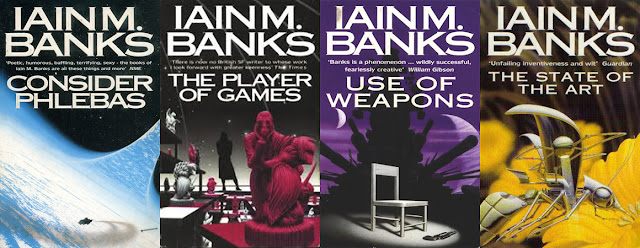You may remember the goal of the project was to create some scatter terrain, reminiscent of the abandoned cars found at the beginning of the video game Destiny. Have a look at these stark and moody screenshots if you don't know what I'm talking about. Or even if you do.
 |
| The wall in the background is also rich in dilapidated detail. Worth noting for any city projects |
At the end of the previous article I had just given up trying to cast new vehicles, and instead found some cheap toy cars in a pound shop.
 |
| At least three of these were not just cheap, but quite nasty too |
The first thing to do was to take them apart and remove any details I didn't want – like the wheels, the emergency lights, the crane and the decals.
Once finished I put all the chassis back together again and filled any major gaps with green stuff.
Then I cut some rough cardboard bases (out of the sides of cereal boxes – proper old skool style), which I reinforced by adding concentrically smaller layers in the middle, like a tiny model hill. This added a bit of much-needed strength but kept them as thin as possible at the very edges.
Then I simply glued car to base and set about detailing the leftover space – mostly with offcuts of whatever old junk I had within arm's reach.
Now I just need to get them painted – hopefully while I'm off work over the next couple of weeks. Speaking of which, have a very merry Christmas, and maybe I'll see you back here in the new year.








